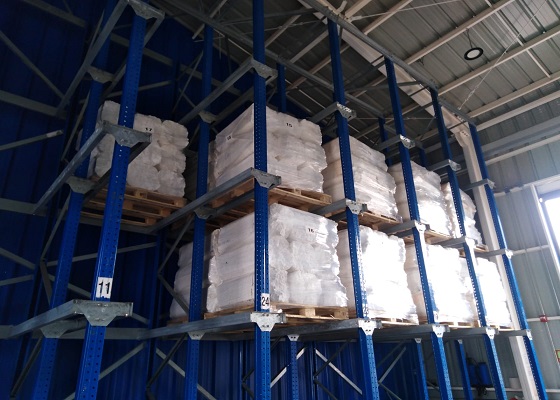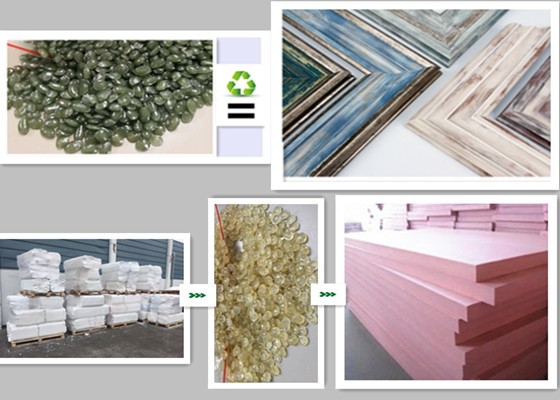How Does EPS Recycling Work in Urban Sanitation Systems of the US?
For a long time, there has been a contradiction between EPS recycling and the American Urban Environmental Sanitation System. Currently, roadside recycling facilities can be seen, such as blue trash can be specially used to contain recyclable waste, but clearly indicate that this material is not acceptable #6 plastic--EPS. The landfill, as a convenient means of treating waste EPS, has also been criticized by all quarters.

Environmentalists say it is irresponsible to dump non-naturally degradable EPS into landfills, polluting soil and oceans. This view puts a lot of pressure on industries that have to deal with large amounts of EPS, such as the logistics and furniture industries, as well as the food packaging industry. EPS recycling is a good solution, but not many people are willing to try it. Today, in the United States, EPS recovery rates are less than a quarter.

This is the reality of the current US urban sanitation system. How to solve today's predicament and promote the excellent development of the EPS recycling industry? California-based recycling company INTCO Recycling offers the world an alternative with its profitable equipment brand GREENMAX. EPS r, represented by the EPS compactor, will become an excellent assistant for urban waste management both now and in the future.

At present, the two ways of recycling EPS are physical recycling and chemical recycling, but the physical recycling method with lower implementation cost has been firmly in the mainstream. The entire EPS recycling process consists of three steps: separation, grinding, and granulation, forming a complete recycling industry chain. With its stable technology, the GREENMAX EPS compactor has performed a series of treatments on EPS waste, such as shredding, grinding, compressing, etc. The EPS blocks obtained after final cooling can be fed into a pelletizing line and converted into new plastic pellets.

It can be said that the EPS compactor makes garbage classification in the urban sanitation system meaningful. EPS was previously just a waste that was difficult to recycle and dispose of but has now become a valuable recyclable resource. EPS recycling and reuse not only save disposal costs but also reduces pollution. It is believed that EPS recycling will have a positive impact on the management of municipal waste in the long run.
